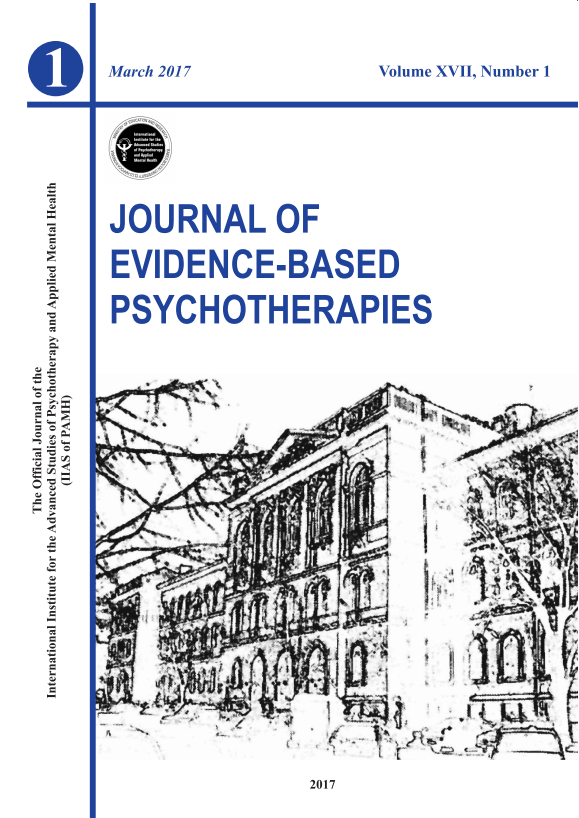gokcenylmz@yahoo.com
Cennet Yastıbaş-Kaçar¹, İmran Gökçen Yılmaz-Karaman²*, Marianna Mazza³
1 Psychologist, PhD. Faculty of Humanities and Social Sciences, Adana Alparslan Türkeş Science and Technology University, Adana, Türkiye. ORCID ID: https://orcid.org/0000-0002-8871-3245.
E-mail: cennetyastibas@gmail.com
2 Psychiatrist. Department of Psychiatry, Faculty of Medicine, Eskişehir Osmangazi University, Eskişehir, Türkiye. ORCID ID: https://orcid.org/0000-0003-2821-7749.
E-mail: gokcenylmz@yahoo.com
3 Psychiatrist. Institute of Psychiatry and Psychology, Department of Geriatrics, Neuroscience and Orthopedics, Fondazione Policlinico Universitario A. Gemelli IRCCS, 00168 Rome, Italy; Department of Psychiatry, Università Cattolica del Sacro Cuore, 00168 Rome, Italy. ORCID
ID: https://orcid.org/0000-0002-3007-8162.
E-mail: mariannamazza@hotmail.com
Abstract
The present study aimed to adapt and evaluate the psychometric properties of the Meteoropathy Scale (METEO-Q) for the Turkish population. Furthermore, it aims to suppress some limitations of the original study by examining construct validity and test-retest reliability, and associations between certain variables. A total of 603 participants (M=34,92, SD=13,57) were recruited. METEO-Q, Seasonal Pattern Assessment Questionnaire (SPAQ), and sociodemographic form were utilized to collect data. To test the construct validity, exploratory factor analysis and confirmatory factor analysis were carried out. The exploratory factor analysis result pointed out the presence of a two-factor structure. Two-factor structure exhibited a reasonable model fit in the confirmatory factor analysis. The two factors (meteorosensitivity and meteoropathy), structured checklist and, total score of METEO-Q indicated good reliability (α = .86, .88, .95, .93, respectively). Test-retest reliability scores demonstrated good reliability. The METEO-Q score was positively associated with SPAQ, gender, self-mutilation, and suicidal behaviors. In conclusion, the Turkish version of METEO-Q provides a valid and reliable measurement tool for the general population.
Keywords: meteoropathy, meteorosensitivity, scale adaptation, construct validity, reliability.
Please cite this article as: Yastıbaş-Kaçar, C., Yılmaz-Karaman, İ. G., & Mazza, M (2024). ADAPTATION AND VALIDATION OF THE METEOROPATHY QUESTIONNAIRE TO THE TURKISH SAMPLE. Journal of Evidence-Based Psychotherapies, 24(2), 139-154.
DOI: 10.24193/jebp.2024.2.15
Published online: 2024/09/01
Published print: 2024/09/01
